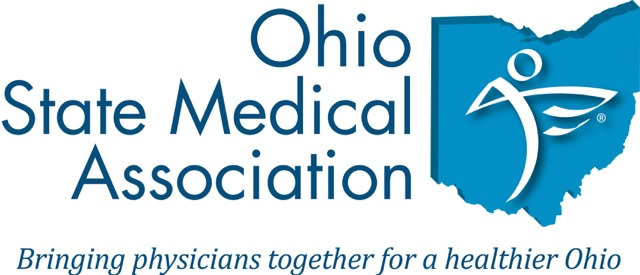Complete Story
01/05/2021
COVID-19: A Call for Innovation and Leadership in Healthcare
by Richard E. Anderson, MD, FACP, Chairman and Chief Executive Officer, The Doctors Company, and Leader of the TDC Group of Companies
For the next decade, we will all be carried along on a jet stream of change. Ask yourself a simple question: will the practice of good medicine in 2030 look the same as good medicine in 2020?
Before the pandemic, we saw the confluence of a shortage of primary care physicians, the increasing scope of practice for allied health professionals, the widespread availability of retail healthcare and telemedicine, and a massive generational shift in the demographics of the medical profession. There will be no unringing this bell.
For example:
- The pandemic has forced a growing majority of practices to offer telemedicine services. With COVID-19, the number of patients reporting virtual healthcare visits leapt from 12 to 27 percent in less than three months, between late March and mid-May.
- As baby boomer physicians retire and medical students choose other specialties, a shortage of primary care physicians was already looming. Now, some primary care physicians have had to lay off staff or close their practices.
- The increasing scope of practice for allied health professionals was an established trend—now dramatically accelerated by the crush of events. We can expect this to continue for nurse practitioners, physician assistants, and others.
The good news is we already possess much of the information we need to make adaptive decisions to protect patients, healthcare professionals, and organizations that serve the medical profession. However, healthcare professionals must seize this moment to show true innovation and to move forward.
True innovation has at least two stages: The first is generating novel and useful ideas and the second is applying those ideas. Unless you apply and scale the idea, it’s just an idea. It’s not an innovation.
This pivot from idea to application at scale calls for leaders to reflect on how their style suits the moment. Most leaders have a clear style of leadership, but good leaders also know that one style cannot be expected to cover all situations. Additionally, effective leaders must understand what is required at that particular time, not just what is comfortable.
The new normal will evolve in the context of a decade that was already headed for extraordinarily rapid change. With a mindset of openness to opportunity and a willingness to accept new challenges, we can meet the demands for great healthcare.
The guidelines suggested here are not rules, do not constitute legal advice, and do not ensure a successful outcome. The ultimate decision regarding the appropriateness of any treatment must be made by each healthcare provider considering the circumstances of the individual situation and in accordance with the laws of the jurisdiction in which the care is rendered.

